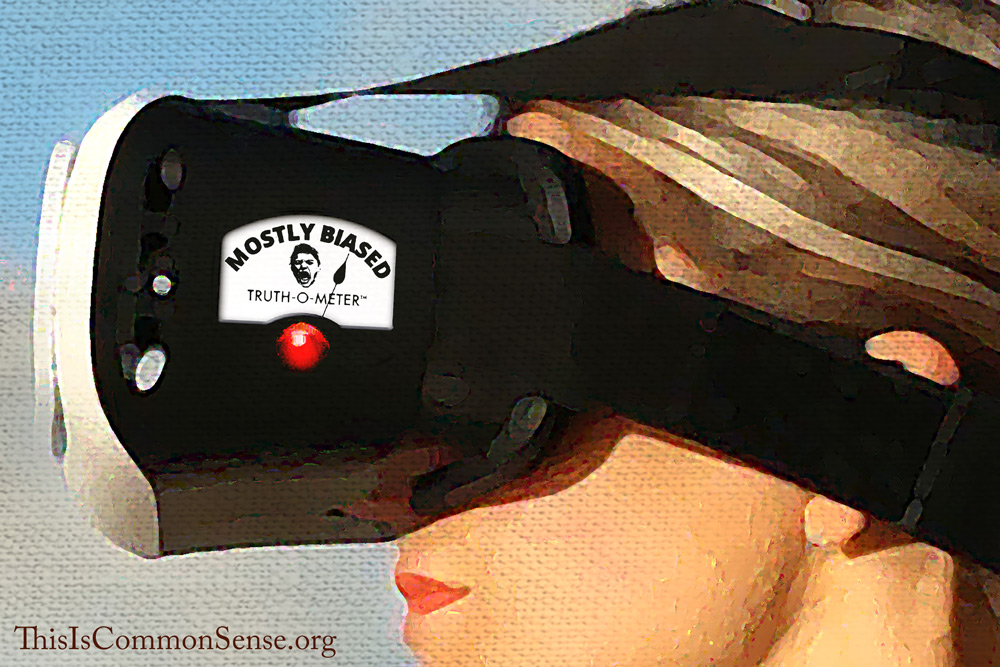When Mark Zuckerberg changed the name of Facebook’s parent company to “Meta,” months back, a lot of people found this funny.
But for some of us older folks, the name was more funny-peculiar than funny-ha-ha. We’re used to “meta” as in Aristotle’s Physics and Metaphysics — the latter so-called because the book came “after the Physics.”
So what does Zuckerberg’s desire to take the lead in the “shared virtual reality” market (Meta’s confessed goal) have to do with “after” anything? After real reality, there’s meta-reality? Uh, OK.
I don’t think I’ll be an early adopter of that waste of time. I still have things to do.
But that’s old Facebook news. Now, ready yourself for today’s Facebook news: defending itself from John Stossel’s defamation lawsuit over a bad case of pseudo-fact-checking, Facebook has admitted that its fact-checking is, from a legal point of view, opinion.
“In referring to its frequent use of ‘fact-checker’ labels on posts,” explains The Patriot Post, “the conglomerate stated in its motion for dismissal, ‘The [fact-check] labels themselves are neither false nor defamatory; to the contrary, they constitute protected opinion.’”
Truth is, as the New York Post observes, the whole “fact-check industry is funded by liberal moguls such as George Soros, government-funded nonprofits and the tech giants themselves.”
Facebook is moving beyond reality fast. Meta-fast. When bad “fact-checking” is defended as mere opinion, reality refracts to the point of unintelligibility.
Maybe Facebook’s name should be changed to Fraudbook, for while opinion is protected speech, labeling one’s opinions “facts” under the rubric of “fact-checking” sure looks, if not like legal fraud, exactly, certainly fraud in common parlance.
This is Common Sense. I’m Paul Jacob.
—
See all recent commentary
(simplified and organized)

3 replies on “F‑Book Goes Meta”
Facebook’s ToS (Terms of Service) have allowed them to punish users whose content is false, but truth and falsehood are matters of fact. Facebook is implicitly admitting that it has many times violated the ToS.
Would love to see a class action lawsuit against Facebook.
All this game-playing with words in court reminds me of the guy whose neighbor was suing him for borrowing his lawnmower and returning it broken. The lawyer argued, “My client never borrowed the lawnmower. Furthermore, it was broken when first received. Also, it was in good working order when returned.”